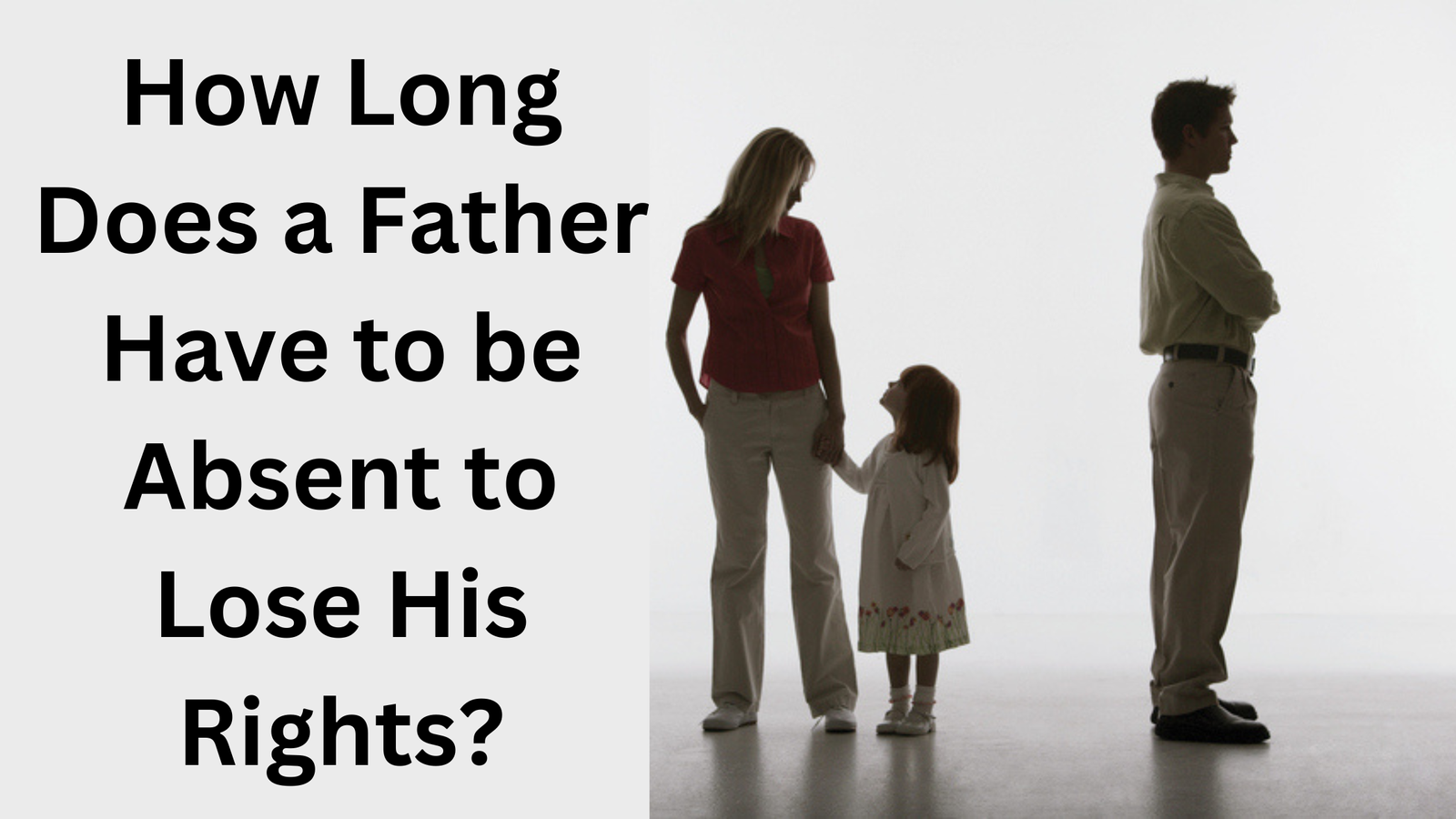How Long Does a Father Have to be Absent to Lose His Rights?

The question of how long a father must be absent in order to lose his rights is a complex one, as it depends on a variety of factors and can vary from state to state.
Grounds for Terminating a Father’s Parental rights in North Carolina
In addition to abandonment, there are other grounds for terminating a father’s parental rights in North Carolina. These include:
- Incapacity: If the father is unable to discharge his parental responsibilities due to mental incapacity, substance abuse, or other factors, his rights may be terminated.
- Non-support: If the father fails to financially support the child, his rights may be terminated.
- Abuse or Neglect: If the father has abused or neglected the child, his rights may be terminated.
- Surrender: If the father voluntarily surrenders his rights, his rights may be terminated.
It is always advisable to seek the guidance of an experienced family law attorney if you have specific questions or concerns about the legal process for terminating parental rights in North Carolina. An attorney can provide you with more information about the specific legal requirements and procedures that apply to your case and can help you understand your rights and options under the law.
To Summarize
In conclusion, the length of time that a father must be absent in order to lose his rights varies and depends on a variety of factors.
In North Carolina, a father’s rights can be terminated due to abandonment if he has willfully abandoned the child for at least 6 consecutive months (or an infant for at least 60 consecutive days). However, the specific legal requirements and procedures for terminating parental rights in North Carolina can vary depending on the individual circumstances of each case, and it is always advisable to seek the guidance of an experienced family law attorney.
Supporting Articles
- How to Establish Paternity in North Carolina
- Can Unmarried Father Get Custody
- Child Custody Law for Unmarried Parents
- North Carolina Father’s Rights
